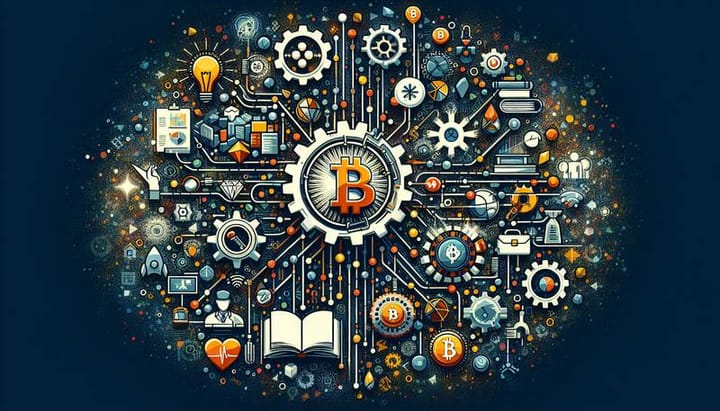The Future of Books: E-Readers and Digital Libraries

The world of publishing is evolving faster than ever before, with the advent of e-readers and digital libraries. The future of books is looking vastly different from the printed copies we've come to know and love. As technology advances, the way we read and access books is changing, leading to a whole new era of reading. In this article, we'll explore the future of books, the impact of e-readers and digital libraries, and what this means for authors, publishers, and readers alike.
The Rise of E-Readers
E-readers have been around for over a decade now, but their popularity has soared in recent years. With the convenience of being able to carry thousands of books in one lightweight device, it's no wonder that e-readers have become a staple for book lovers. The ability to adjust font size, background color, and even have text read out loud, has made e-readers an attractive option for readers of all ages.
"E-readers have revolutionized the way we read, making books more accessible than ever before."
According to recent statistics, e-reader sales have been steadily increasing, with over 20% of American adults owning an e-reader. This trend is expected to continue as prices drop and more people become aware of the benefits of digital reading.
Digital Libraries: A New Way to Access Books
Digital libraries are another game-changer in the world of books. With the ability to access millions of books online, digital libraries have made it easy for readers to find and read books from the comfort of their own homes. Libraries all over the world are now offering digital lending services, allowing readers to borrow e-books just as they would physical books.
The convenience of digital libraries has made them a popular choice for readers, with many libraries seeing an increase in digital borrowing during the COVID-19 pandemic. Digital libraries are also a boon for readers in remote areas who may not have easy access to physical libraries.
The Impact on Authors and Publishers
The rise of e-readers and digital libraries has had a significant impact on authors and publishers. With e-books often priced lower than physical copies, authors have had to adjust their pricing strategies to stay competitive. Publishers have also had to adapt to the digital age, with many now offering e-book versions of their titles alongside physical copies.
Self-publishing has also become more accessible thanks to e-books, with many authors choosing to bypass traditional publishing routes and release their books directly to readers. This has led to an increase in the number of books available, but also increased competition for authors trying to stand out in a crowded market.
The Environmental Benefits of E-Readers
One of the lesser-known benefits of e-readers and digital libraries is their positive impact on the environment. With e-books eliminating the need for paper and ink, the production of books becomes much more environmentally friendly. E-readers also have a longer lifespan than physical books, which reduces waste and the need for resources.
According to a study by the Cleantech Group, e-readers have a lower environmental impact than physical books after just one year of use. This is great news for eco-conscious readers who want to reduce their carbon footprint while still enjoying a good book.
The Future of Books: A Hybrid Approach
As e-readers and digital libraries continue to grow in popularity, it's clear that they will play a significant role in the future of books. However, this doesn't mean the end of physical books. Many readers still prefer the tactile experience of holding a book in their hands and the joy of browsing through a bookstore or library.
Instead, the future of books is likely to be a hybrid approach, with readers having access to both physical and digital copies. This will allow readers to choose the format that best suits their needs, whether they're at home, on the go, or traveling. Publishers and authors will need to adapt to this hybrid approach, offering both digital and physical versions of their books to reach the widest audience possible.
Conclusion
The future of books is an exciting and ever-changing landscape. With the rise of e-readers and digital libraries, the way we read and access books is evolving. While some may mourn the decline of physical books, the convenience and accessibility of digital reading can't be ignored. The future of books is likely to be a hybrid approach, with both physical and digital copies available to readers. As we move forward, it's clear that books will continue to be an essential part of our lives, no matter the format.


